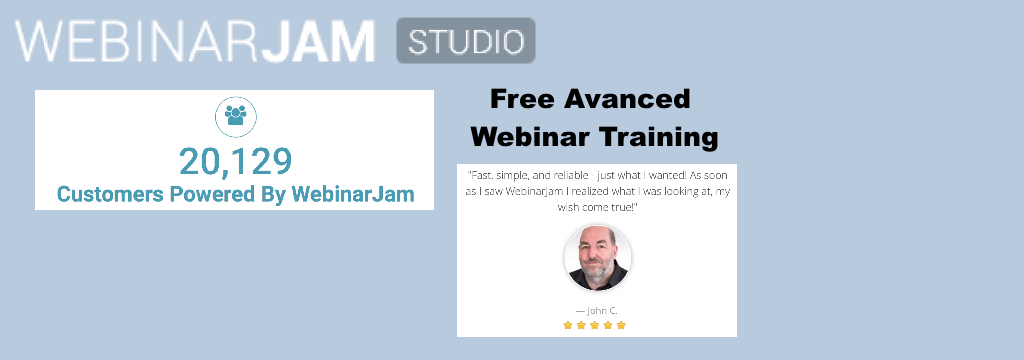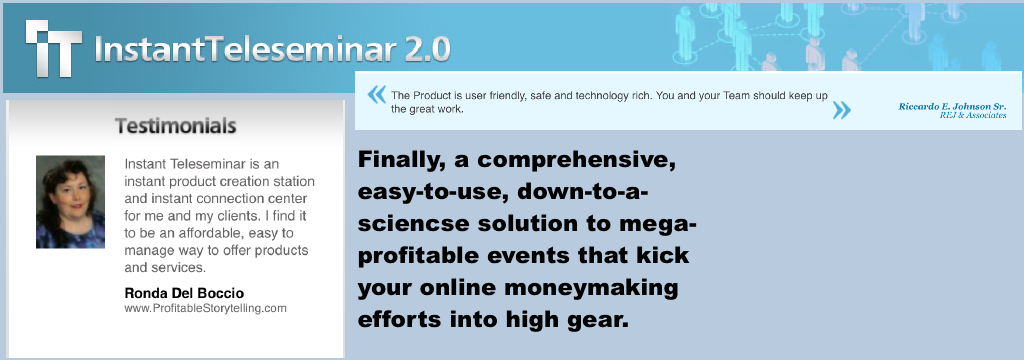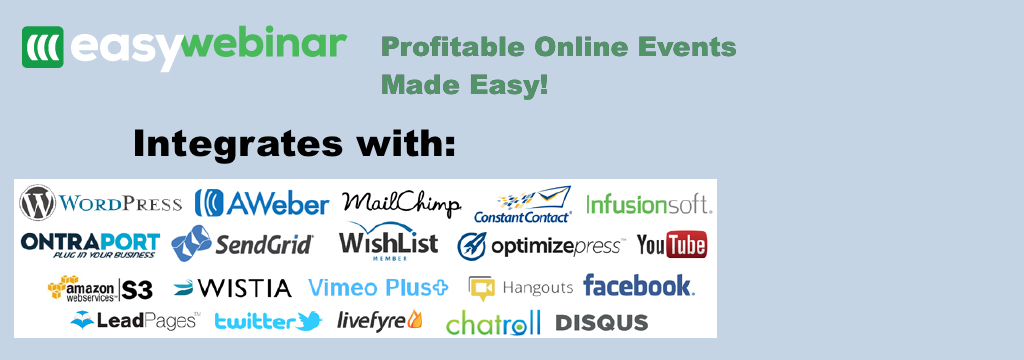Company-Owned or Personal Devices? What's your policy?
Sign up to be notified of new teleseminars daily! |
| Description: | Overview: BYOD can be defined as any strategy that allows people to use their own devices, whether occasionally, primarily or exclusively, for work. Many organizations allow people to supplement their corporate-owned machine(s) with additional devices e.g. smartphones, tablets, laptops, home PCs-as needed for optimal flexibility, mobility and productivity. Some organizations go even further and eliminate certain corporate-owned device types entirely for eligible employees who prefer to use their own devices instead; in some cases, a stipend is provided to help defray the employee's costs. Contractors are increasingly required to use their own devices rather than being provided with corporate-owned equipment. Ideally, an organization's practices around BYOD should be detailed in a formal policy. The reality is that many people are already bringing their own devices to work, regardless of whether the organization has a BYOD policy in place. The current average number of devices connecting to the corporate network is 5.18 per knowledge worker-4.43 devices across all workers-and predicted to rise to almost six devices by 2020.1 In part, this reflects a shift in the nature of the endpoint environment, as the dominance of traditional desktop PCs gives way to a wider range of options that let people choose the right mix of device mobility, performance, size and weight for their purposes, whether it be a laptop, tablet or smartphone. So far, BYOD has remained an informal practice for many organizations. In the interim, the lack of a more coherent approach to BYOD can leave the organization exposed to risks from security and compliance gaps to escalating IT complexity. As consumerization continues its rapid rise, the need is clear for a complete BYOD strategy, encompassing both policy and technology. From a purely technology perspective, the most obvious question is: How people will be able to access enterprise applications and business information on their personal devices? Simply installing apps directly on the device raises serious security, privacy and compliance risks, license management issues and support complications, as well as restricting BYOD to Windows-based devices-and leaving other consumer devices out of the picture. Many people have also started using unmanaged third-party apps and online services for work-your Information Technology (IT) team needs a way to control and manage this usage and prevents these apps from introducing security risks to the organization. The ideal approach is to enable completely device-independent computing through enterprise mobility management, Windows app and desktop virtualization and secure file sharing, supplemented by online collaboration and remote support services. With this approach, IT can provide optimal freedom for people while maintaining security and control. People gain single-click secure access to all of their Windows, web, SaaS and mobile apps through a unified app store on any device, over any network, with single sign-on and seamless session roaming across locations, networks and devices. IT gains a single point of control to provision and de provision apps of all types quickly, whether to provide new resources or to cut off access when it is no longer needed or appropriate. In most scenarios, business information remains secure in the datacenter; in cases where it has to reside on the endpoint, it is protected through isolation, encryption and remote wipe mechanisms. In this way, IT can simplify management and reduce costs while empowering people to work easily, securely and seamlessly across any type of device, regardless of ownership. By leveraging the ability to granularly manage data, session and application information, sensitive data can be securely accessed on personally-owned devices. IT gains identity-based provisioning and control of apps, data and devices, automatic account de-provisioning for terminated users and selective wipe of lost devices. Why should you Attend: Is your organization at risk? Mobile security is a clearly one of the major challenges a company faces today. Research firm Gartner Inc. in a September 2014 report stated that through 2015, more than 75% of mobile applications will fail even the most basic security tests. Workers download products from app stores and use mobile applications that are capable of accessing enterprise assets or performing multiple business functions, and these apps have little or no security assurances. They are exposed to attacks and violations of corporate security policies. This session will provide a basis for defining a BYOD policy that makes sense and will help protect your organization; Areas Covered in the Session: Technologies App stores, external and internal Enterprise Mobility Management File sharing and synchronization Collaboration, audio and video Policy Considerations Device standards Service availability and cost sharing Deployment and initial security setup On-going support and maintenanc Who Will Benefit: CIO CISO Program Directors CxO's of operational areas responsible for Strategy Enterprise Architects, Business Architects Solution Architects Senior IT Staff Senior Software Designers EitaGlobal James Richard Phone: +1-800-447-9407 fax no: 302-288-6884 Event Link:http://bit.ly/1sbkphy support@eitaglobal.com www.eitaglobal.com |
| URL: | http://bit.ly/1sbkphy |
| Date: | Wednesday, January 14, 2015 |
| Time: | 3:00pm-4:30pm UTC |
| Duration: | 1 hour 30 minutes |
| Access: | Public |
| Created by: | Public Access |
| Updated: | Saturday, December 20, 2014 3:21pm UTC |
| : | 169 |
| : | 800-447-9407 |
| : | support@eitaglobal.com |
| : | James Richard |
| : | 8003851607 |
| Comments: | None |




